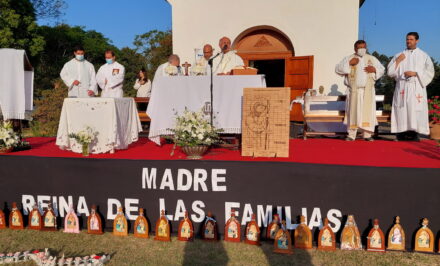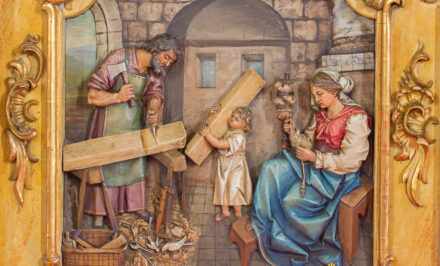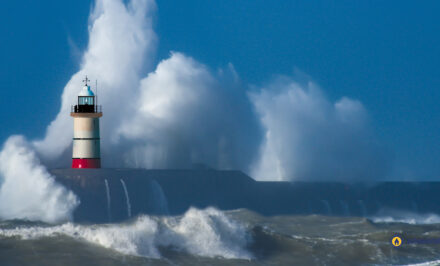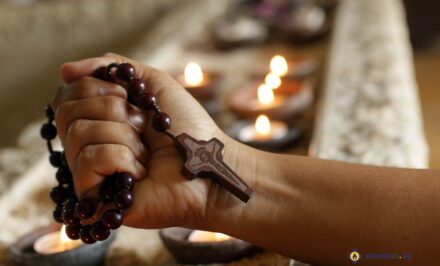JOSEPH’S-CHALLENGE 2021 | Klaus Wittmann, GERMANY•
The Joseph Challenge 2021 by Schoenstatt.org, only for men: Men from different vocations in the Covenant of Love, from different countries and generations are challenged by Pope Francis’ letter, Patris Corde, about Joseph, his “reflections on this extraordinary figure who is so close to each one of us humanly.” They get involved in sharing what impresses and motivates them most about the figure of St. Joseph and the Holy Father’s letter about him. Today it is Klaus Wittmann from Germany, active with the International Kentenich Academy for Leaders (IKAF); he has discovered point 7 – A Father in the Shadows – for himself. —
I think about how I became a father – It was a challenge! I didn’t want to do anything wrong and yet some things got away from me. I remember a situation in which I was completely overwhelmed: The child cried, although I had already tried everything possible. I was alone and didn’t know how to help myself – so I shook it. One thing I still can’t forgive myself for today.
I felt the responsibility for the children from the first day and I don’t regret a single day that I was allowed to take care of them.
Freedom, that’s my theme – that’s why this passage appeals to me so much. My own desire for freedom was already excessive when I was young. As a father, I want to exemplify this value and pass it on to my children. That’s easier said than done (implemented).
Our children are now young adults who are currently doing a lot to not conform, but to be different – through hairstyle, clothing, aimlessness, lethargy, etc.
Again and again I fall into the comparison of my value conception with the life (the ACTUAL state) of my children. Actually, however, I would have to say that it is not the ACTUAL state, but that what I perceive and from which I believe that I have an overview of the full reality. What a presumption and what a fallacy!
Again and again it happens to me that I openly or between the lines criticize my children because of their way of life or their appearance in comparison to what I use as a standard. Sometimes these are just small things – but why don’t I pull myself together and speak only benevolent, uplifting things?
A true love of Joseph is then probably, as Fr. Joseph Kentenich said, the selfless education of firm, free (priestly) characters.
How wonderful it is to see the children’s independence, and how proud it makes me as a father when they have “conquered” something for themselves. My encouragement has supported something.
Currently, our son is talking about going to the USA for a few years. At the first moment, we as parents were blindsided and also afraid.
But we sense his eagerness and his desire to discover new things for himself. We support him. He will then be gone from my care and in large parts I can no longer be of use to him. I will become a father in the shadows.
In every exercise of our fatherhood, we should always keep in mind that it has nothing to do with possession, but is rather a “sign” pointing to a greater fatherhood. In a way, we are all like Joseph: a shadow of the heavenly Father, who “makes his sun rise on the evil and on the good, and sends rain on the just and on the unjust” (Mt 5:45). And a shadow that follows his Son.
I think of the novel by William Paul Young “The Cabin”. The protagonist Mackenzie had a broken relationship with his earthly father. How difficult it was for him to connect with the Father-God in the story.
Here I also see a very special responsibility for fathers. What kind of father image do I model for my children so that they can accept God’s love, goodness and mercy because they have actually experienced a loving father?
Joy and happy moments with my adult children arise when I succeed in letting some of this divine fatherliness to work through – when I, as a father, could be a shadow of the Father in heaven.
Original: German 08.01.2021. Translation: Lindsay Burger, Ohio, USA














